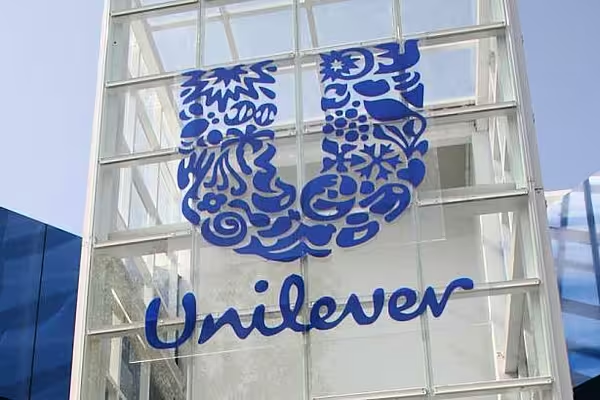The scrapping of a Dutch tax on dividends was "decisive" for Unilever in deciding whether it would choose the Netherlands or Britain as its base, according to memos released by the Dutch government as part of a domestic political row on Tuesday.
The memos compiled in the summer of 2017 as Prime Minister Mark Rutte was engaged in negotiations to form a government recorded lobbying by both Shell and Unilever against the tax.
This forced them to maintain awkward dual share structures in order to ensure British investors were not disadvantaged.
'Picture Has Changed'
One memo dated Aug. 25, 2017 said "the picture has changed" and Unilever was preparing to choose a head office "in the very near term."
"The dividend tax is decisive in that" choice, the memo said.
Rutte's government announced it would scrap the 15 percent withholding tax on dividends when it came to power in October 2017.
Unilever delayed a decision until March 2018, citing a fevered political atmosphere surrounding Britain's departure from the European Union. It then chose Rotterdam rather than London, to house its headquarters.
Unilever believes shareholders will support it moving its primary headquarters to the Netherlands, even though there is some reticence among investors who may be forced to sell their shares.
Decision Backed
Last week, Unilever's chief financial officer, Graeme Pitkethly, said he believes that shareholders will back the business' decision.
"Yes, there are one or two investors who are negatively impacted, but all of the investors we've seen -- and it's a tremendous broad sweep of our investors -- support the board's decision," Pitkethly told Reuters.
"We're very confident that we'll get through this process," he added.
The group last week reported first-quarter sales figures that met expectations, helped mainly by increases in the volume of products sold, and maintained its full-year outlook.
News by Reuters, edited by ESM. Click subscribe to sign up to ESM: The European Supermarket Magazine.











